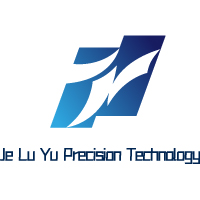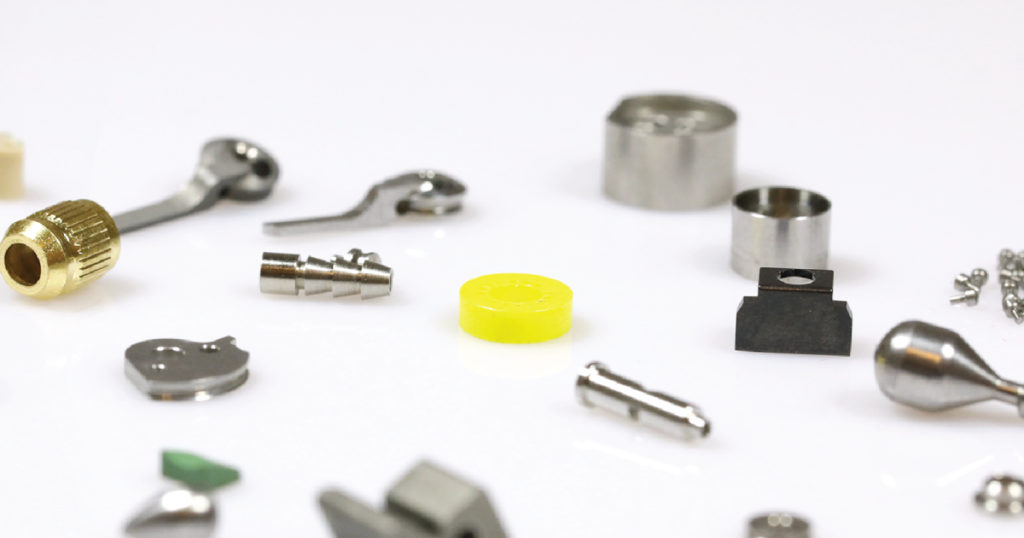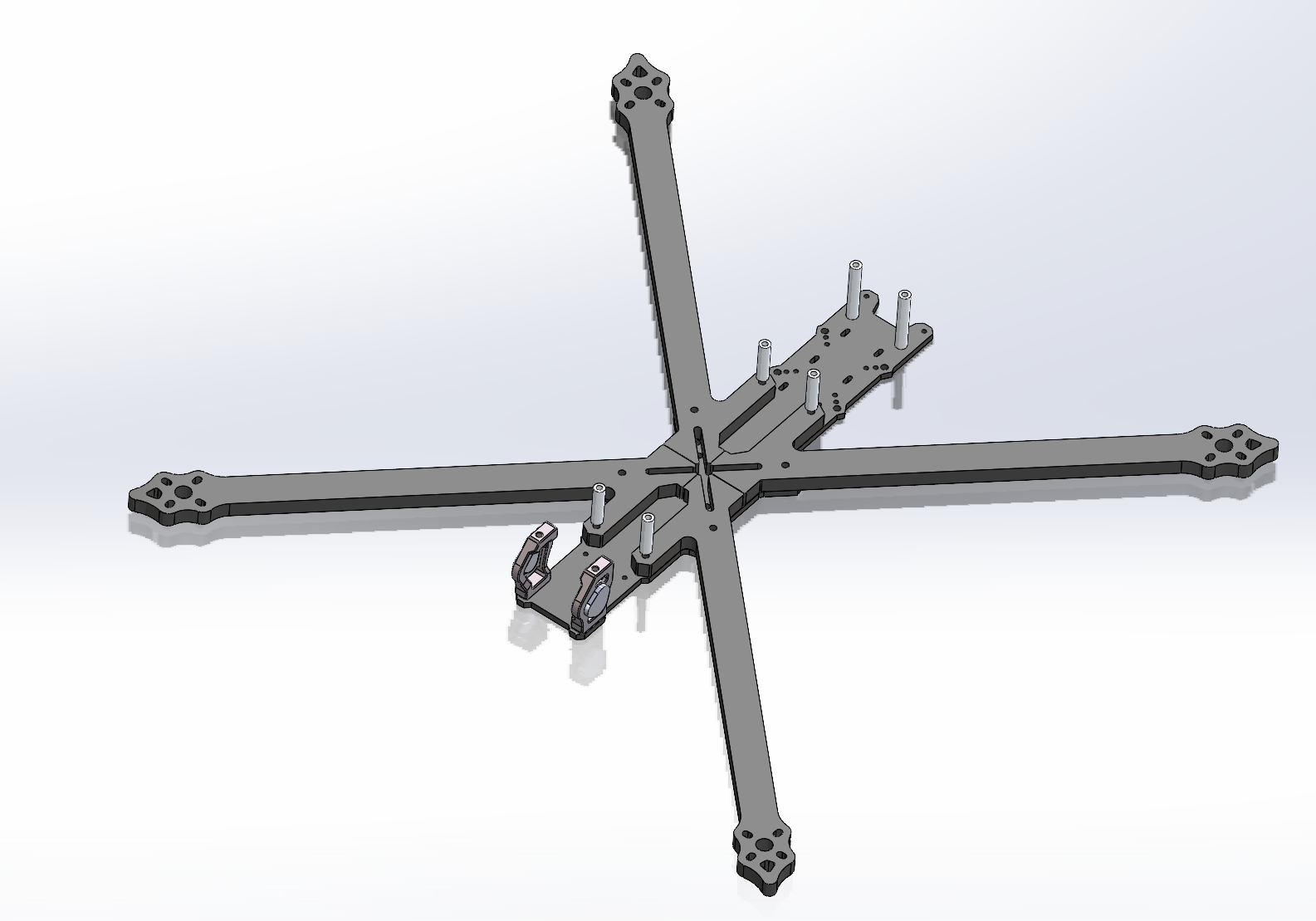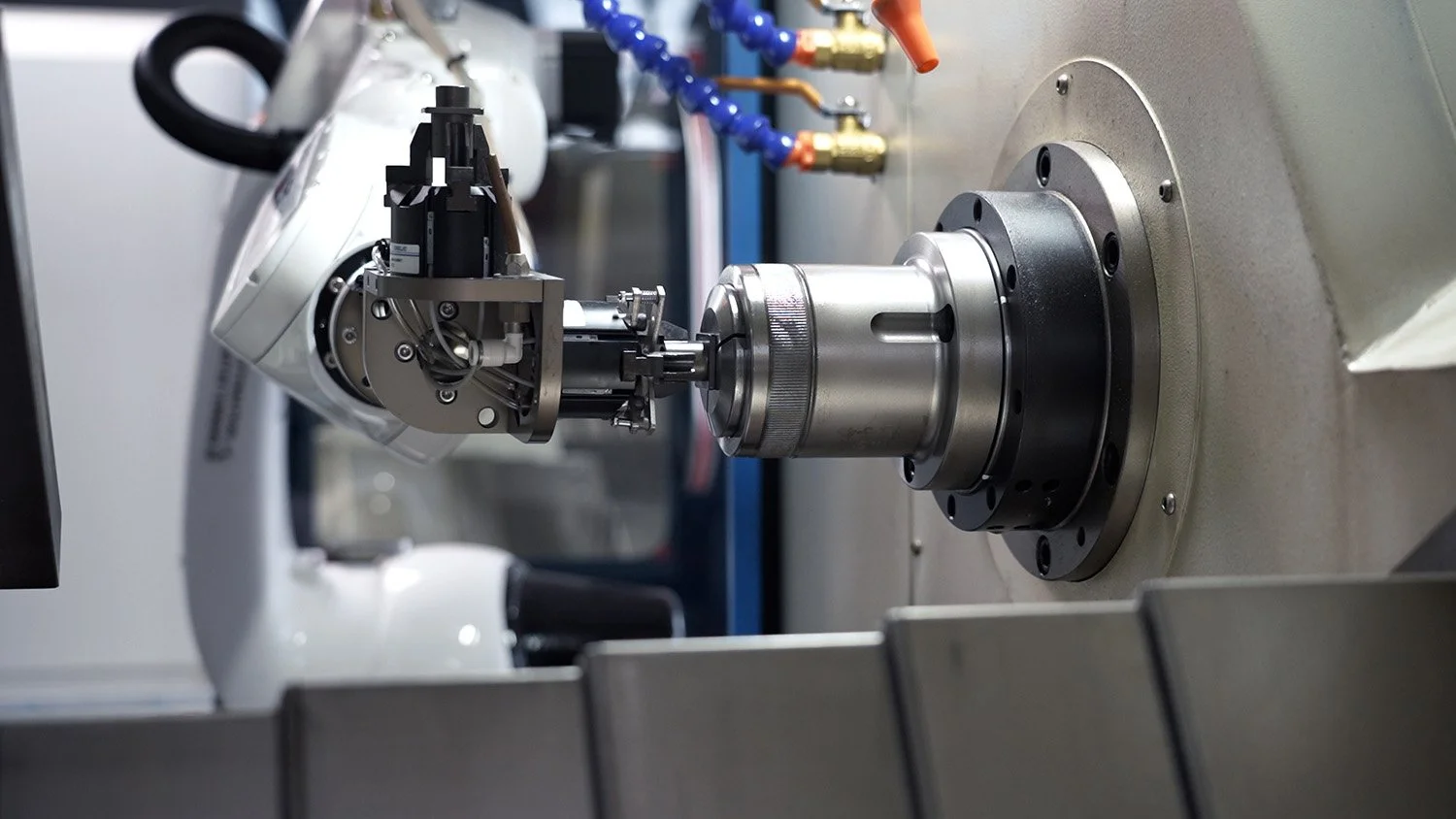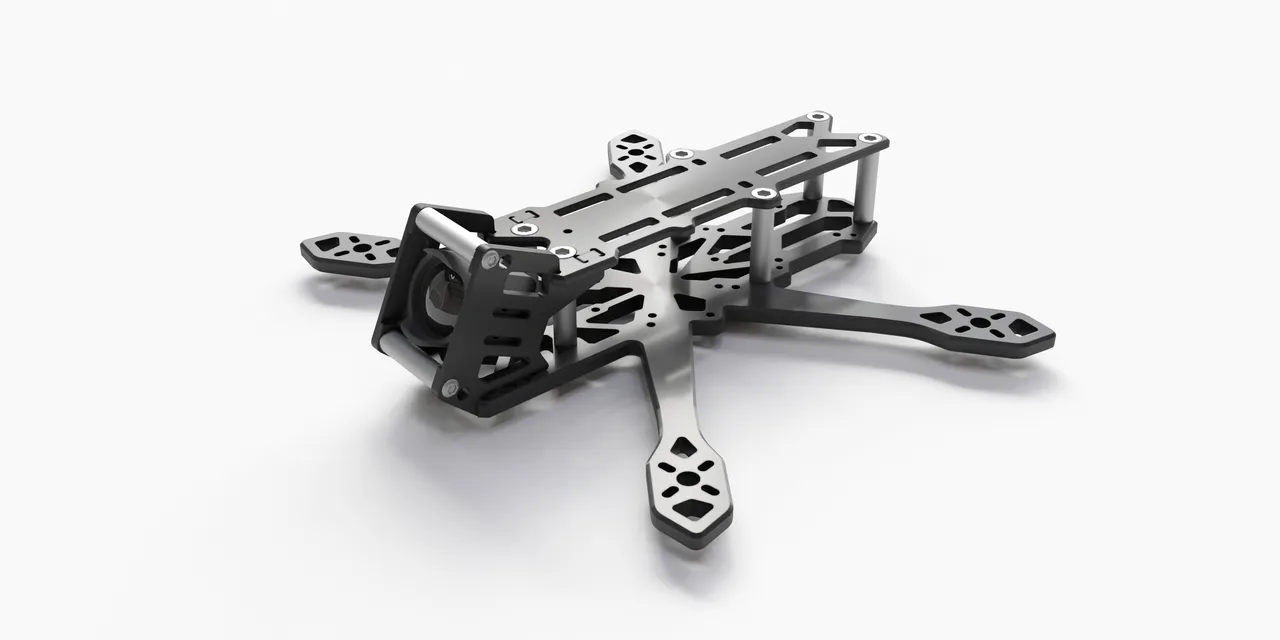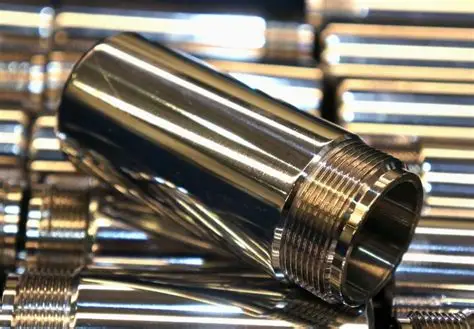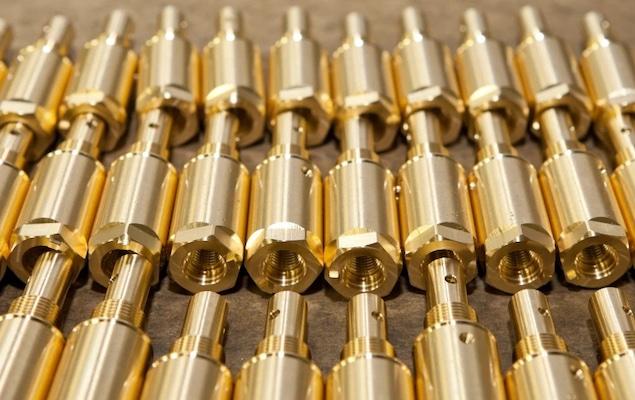Micro-Machining Services for Medical Grade Stainless Steel: Precision Manufacturing for Life-Saving Devices
The Critical Role of Micro-Machining in Medical Device Manufacturing
In the highly regulated and precision-driven world of medical device manufacturing, micro-machining services for medical grade stainless steel have emerged as a cornerstone technology enabling groundbreaking advancements in patient care. The ability to produce intricate, high-precision components from medical-grade stainless steels has revolutionized everything from minimally invasive surgical instruments to implantable devices and diagnostic equipment. Micro-machining services for medical grade stainless steel encompass a specialized set of manufacturing processes that combine advanced CNC technologies with stringent quality control systems to produce components that meet the exacting standards of the global healthcare industry.
The evolution of micro-machining services for medical grade stainless steel has paralleled the medical industry’s shift toward minimally invasive procedures, where smaller, more complex instruments enable surgeons to perform life-saving operations through increasingly smaller incisions. At JLYPT CNC Machining, we have developed unparalleled expertise in micro-machining services for medical grade stainless steel, mastering the technical challenges associated with producing microscale features while maintaining the material integrity and biocompatibility required for medical applications.
Understanding Medical Grade Stainless Steel for Micro-Machining Applications
Material Specifications and Properties
The successful implementation of micro-machining services for medical grade stainless steel requires deep understanding of the specific alloys used in medical applications and their unique characteristics:
Austenitic Stainless Steels (300 Series)
-
316L/316LV: Low carbon variant with superior corrosion resistance, excellent for implantable devices
-
304/304L: General purpose medical stainless with good formability and corrosion resistance
-
321: Titanium-stabilized grade for enhanced intergranular corrosion resistance
-
Primary applications: Surgical instruments, implantable components, dental devices
Martensitic Stainless Steels (400 Series)
-
420: High carbon content providing hardness up to 50 HRC after heat treatment
-
440C: Ultra-high carbon variant for cutting edges and wear-resistant applications
-
Custom precipitation-hardening grades: Offering unique combinations of strength and corrosion resistance
-
Primary applications: Surgical cutting instruments, orthopedic tools, arthroscopic devices
Specialty Medical Alloys
-
Custom 465: Precipitation-hardening martensitic stainless with exceptional strength
-
Nitronic 60: Nitrogen-strengthened austenitic stainless with superior galling resistance
-
BioDur 108: Austenitic alloy optimized for medical implant applications
-
Primary applications: Specialty surgical tools, high-strength implants, dental components
Table: Medical Grade Stainless Steel Properties for Micro-Machining Applications
| Alloy Grade | Tensile Strength (MPa) | Corrosion Resistance | Machinability Rating | Primary Medical Applications |
|---|---|---|---|---|
| 316L | 485-620 | Excellent | Fair | Implants, surgical instruments |
| 316LV | 515-655 | Excellent | Good | Critical implants, bone screws |
| 420 | 655-1725 | Good | Good | Cutting instruments, forceps |
| 440C | 760-1970 | Good | Fair | Surgical blades, high-wear components |
| Custom 465 | 1310-1655 | Excellent | Good | Trauma implants, specialized tools |
Metallurgical Considerations for Medical Applications
Biocompatibility Requirements
-
ISO 10993 compliance for biological safety evaluation of medical devices
-
FDA material registration and device master file requirements
-
USP Class VI certification for plastics contact applications
-
Extractables and leachables testing for implantable devices
Surface Integrity and Cleanability
-
Passivation requirements per ASTM A967 for corrosion resistance
-
Surface roughness specifications for cleanability and bacterial resistance
-
Deburring and edge conditioning for patient safety and device performance
-
Sterilization compatibility with various medical sterilization methods
Advanced Micro-Machining Technologies for Medical Stainless Steel
Micro-Milling Processes and Techniques
Tooling Technology for Micro-Machining
The extreme precision required in micro-machining services for medical grade stainless steel demands specialized tooling approaches:
-
Micro-grain carbide end mills with diameters from 0.1mm to 2.0mm
-
Diamond-coated tools for extended tool life in abrasive stainless steels
-
Specialized tool geometries with reduced neck lengths for improved rigidity
-
Custom tool development for specific medical component features
Machining Parameter Optimization
Successful micro-machining services for medical grade stainless steel require precisely calibrated machining parameters:
High-Speed Micro-Milling
-
Spindle speeds: 20,000-60,000 RPM for optimal surface finish and tool life
-
Feed rates: 0.5-5.0 μm/tooth depending on tool diameter and feature requirements
-
Depth of cut: 5-50% of tool diameter to prevent tool deflection and breakage
-
Stepover percentages: 10-30% of tool diameter for optimal surface finish
Process Stability and Control
-
Vibration damping systems to minimize chatter in micro-tooling applications
-
Thermal stability management to maintain dimensional accuracy
-
Tool condition monitoring using advanced sensor systems
-
Adaptive control systems for real-time parameter adjustment
Micro-Turning and Swiss-Type Machining
Precision Turning Applications
-
Micro-drilling operations for holes as small as 0.05mm diameter
-
Complex contour turning for miniature medical components
-
Thread micro-machining for miniature fastener applications
-
Form turning operations for custom medical device features
Swiss-Type Machining Advantages
-
Simultaneous multi-axis machining for complete part processing
-
Guide bushing support for exceptional dimensional stability
-
Live tooling capabilities for complex feature generation
-
Micro-component production with tolerances to ±1μm
Table: Micro-Machining Parameters for Medical Grade Stainless Steel
| Operation Type | Spindle Speed (RPM) | Feed Rate (μm/tooth) | Depth of Cut (mm) | Tool Material |
|---|---|---|---|---|
| Rough Micro-Milling | 20,000-40,000 | 2-5 | 0.05-0.20 | Micro-grain Carbide |
| Finish Micro-Milling | 40,000-60,000 | 0.5-2 | 0.005-0.050 | Diamond-coated |
| Micro-Drilling | 30,000-50,000 | 1-3 | Full depth | Carbide |
| Micro-Turning | 5,000-15,000 | 1-4 | 0.01-0.10 | CBN |
| Micro-Threading | 20,000-40,000 | 0.5-2 | Multiple passes | Carbide |
Technical Challenges in Micro-Machining Services for Medical Grade Stainless Steel
Size Effect and Material Behavior
Micro-Scale Material Response
-
Increased specific cutting energy due to size effect in micro-machining
-
Ploughing-dominated regimes at extremely small chip thicknesses
-
Burr formation challenges in micro-scale feature machining
-
Surface integrity concerns including white layer and micro-crack formation
Thermal Management Strategies
-
Micro-scale heat generation and concentration in the cutting zone
-
Temperature control requirements to prevent material property alterations
-
Coolant application challenges in micro-feature machining
-
Thermal distortion minimization for dimensional accuracy maintenance
Precision and Accuracy Maintenance
Dimensional Stability
-
Tool deflection compensation in micro-machining operations
-
Thermal growth management through environmental control
-
Vibration control systems for sub-micron accuracy requirements
-
Metrology integration for real-time dimensional verification
Surface Quality Requirements
-
Surface finish specifications typically 0.1-0.4 μm Ra for medical components
-
Edge quality requirements for cutting edges and patient contact surfaces
-
Feature definition maintenance in high-aspect-ratio micro-features
-
Cleanability optimization through surface texture control
Quality Assurance and Regulatory Compliance
Medical Device Quality Systems
Regulatory Compliance Framework
-
ISO 13485 certification for medical device quality management systems
-
FDA 21 CFR Part 820 compliance for quality system regulation
-
EU MDR requirements for European market access
-
Medical device single audit program (MDSAP) participation
Documentation and Traceability
-
Device history records (DHR) for complete manufacturing documentation
-
Material traceability from raw material to finished device
-
Process validation documentation including IQ, OQ, PQ protocols
-
Change control procedures for design and process modifications
Advanced Metrology for Micro-Machining
Dimensional Verification Systems
-
Vision measurement systems with sub-micron resolution capabilities
-
White light interferometry for 3D surface topography measurement
-
Scanning electron microscopy for micro-feature verification
-
Coordinate measuring machines with micro-probe technology
Surface and Material Analysis
-
Surface roughness measurement using contact and non-contact methods
-
X-ray photoelectron spectroscopy for surface chemistry analysis
-
Optical microscopy for defect detection and feature verification
-
Metallographic analysis for microstructural evaluation
Case Studies: Micro-Machining Services for Medical Grade Stainless Steel Applications
Case Study 1: Minimally Invasive Surgical Instrument Components
Challenge: A leading medical device company required micro-machining services for medical grade stainless steel for the articulation mechanism of a next-generation robotic surgical system. The components featured complex geometries with features as small as 0.1mm and required surface finishes of 0.2μm Ra with dimensional tolerances of ±2μm.
Micro-Machining Services for Medical Grade Stainless Steel Solution:
JLYPT implemented an advanced manufacturing strategy:
-
5-axis micro-machining using specialized machine tools with 0.1μm resolution
-
Custom micro-tooling development for specific feature requirements
-
In-process measurement with laser micrometrology for real-time compensation
-
Cryogenic machining environment to maintain dimensional stability
-
Automated cleaning and passivation integrated into the manufacturing process
Results:
-
Achieved feature accuracy of ±1.5μm on all critical dimensions
-
Surface finish of 0.18μm Ra exceeded specification requirements
-
99.8% first-pass yield rate on production quantities of 10,000+ components
-
Successful FDA 510(k) clearance with complete manufacturing documentation
Case Study 2: Implantable Neurological Device Components
Challenge: A neurological device manufacturer needed micro-machining services for medical grade stainless steel for micro-electrode arrays with feature sizes down to 25μm. The components required biocompatibility per ISO 10993, electrical insulation properties, and precision alignment features for assembly.
Micro-Machining Services for Medical Grade Stainless Steel Solution:
Our specialized approach included:
-
Ultra-precision micro-milling with spindle speeds up to 80,000 RPM
-
Custom workholding solutions for fragile micro-components
-
Laser micro-machining integration for specialized feature generation
-
Cleanroom manufacturing environment maintaining ISO Class 7 conditions
-
Comprehensive validation testing including accelerated aging studies
Results:
-
Achieved feature resolution of 20μm with positional accuracy of ±1μm
-
Successful biocompatibility testing per ISO 10993-1 requirements
-
Electrical insulation properties exceeded design specifications by 40%
-
95% reduction in assembly time through precision micro-features
Case Study 3: Diagnostic Device Fluidic Components
Challenge: A diagnostic equipment manufacturer required micro-machining services for medical grade stainless steel for micro-fluidic components with complex internal channels and mixing chambers. The components needed to handle precise fluid volumes with minimal dead space and maintain chemical compatibility with diagnostic reagents.
Micro-Machining Services for Medical Grade Stainless Steel Solution:
JLYPT’s comprehensive manufacturing strategy incorporated:
-
Multi-layer micro-machining with subsequent diffusion bonding
-
Micro-EDM integration for complex internal features
-
Surface treatment optimization for chemical resistance and cleanability
-
Flow testing validation using computational fluid dynamics correlation
-
Statistical process control with real-time monitoring of critical parameters
Results:
-
Achieved internal channel accuracy of ±5μm with surface finish of 0.3μm Ra
-
Fluid volume accuracy within 0.1% of design specifications
-
Chemical compatibility maintained with all diagnostic reagents
-
30% improvement in diagnostic accuracy through precision fluid handling
Future Trends in Micro-Machining Services for Medical Grade Stainless Steel
Advanced Manufacturing Technologies
Intelligent Micro-Machining Systems
-
AI-driven process optimization based on real-time sensor data
-
Digital twin technology for virtual process validation and optimization
-
Predictive maintenance systems using machine learning algorithms
-
Adaptive control systems for real-time parameter adjustment
Hybrid Manufacturing Approaches
-
Additive and subtractive integration for complex medical components
-
Laser hybrid processing for specialized feature generation
-
Electrochemical micro-machining integration for difficult-to-machine features
-
Automated micro-assembly integration with machining processes
Regulatory and Quality Evolution
Digital Quality Management
-
Blockchain technology for supply chain transparency and traceability
-
Automated documentation systems for regulatory compliance
-
Real-time quality monitoring with closed-loop correction capabilities
-
Digital device history records for complete manufacturing traceability
According to research from the International Medical Device Regulators Forum (IMDRF), digital transformation in medical device manufacturing is expected to improve quality consistency by 25-40% while reducing time-to-market for new medical technologies.
Conclusion: Excellence in Micro-Machining Services for Medical Grade Stainless Steel
The manufacturing of medical device components through advanced micro-machining processes represents a highly specialized field that demands exceptional technical expertise, state-of-the-art equipment, and rigorous quality control. Success in providing micro-machining services for medical grade stainless steel requires not only mastery of micro-scale machining processes but also deep understanding of medical device regulations, material science, and application requirements.
At JLYPT CNC Machining, our commitment to advancing micro-machining services for medical grade stainless steel ensures that our clients receive components that enable groundbreaking medical technologies while maintaining the highest standards of quality and reliability. The future of medical device manufacturing will continue to evolve with technological advancements, digital integration, and increasingly sophisticated patient care requirements driving innovation in micro-machining capabilities.
For medical device organizations seeking expert partners in micro-machining services for medical grade stainless steel, JLY Precision Technology’s CNC machining services offers comprehensive solutions with demonstrated expertise in precision medical component manufacturing.
